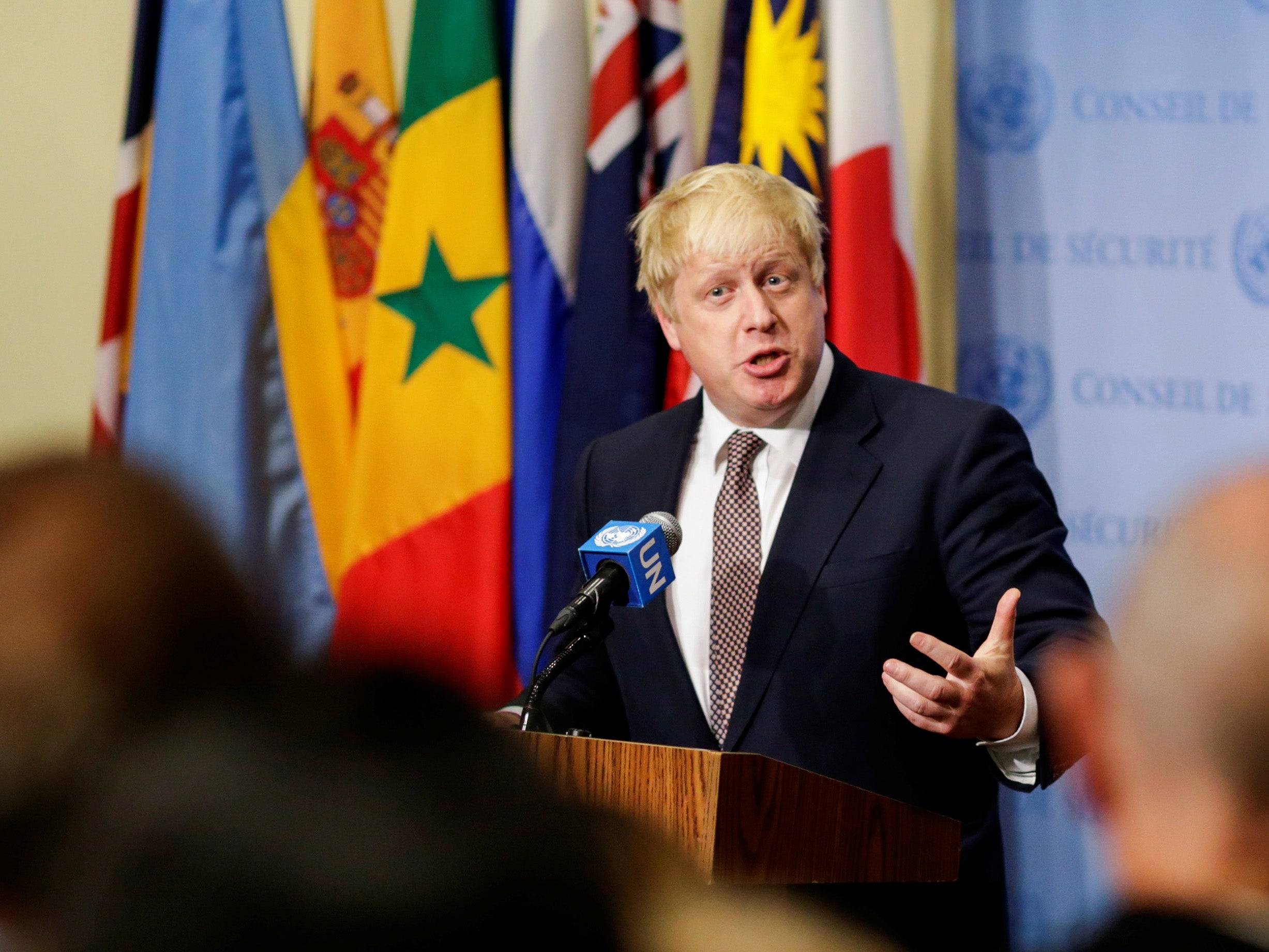Mea Culpa: The phrase that launched a thousand jokes about Boris
Rules of royal succession and words that sound similar with different meanings in this week’s Independent


We quoted Sir Alan Duncan, the Foreign Office minister, on Thursday as having said that Boris Johnson, his boss, campaigned for Brexit only because he wanted to become the Tory “heir apparent”. Small mercies: at least we avoided a punning reference to the Foreign Secretary’s hair.
And I know we could hardly edit the words of a minister of the Crown, but it is worth knowing the original meaning of the phrase. An heir apparent is an heir whose claim cannot be set aside by the birth of another heir.
What people usually mean when they use the phrase figuratively is closer to heir presumptive, who is the heir at the moment (such as the king’s brother), but who could be displaced by the birth of someone with a better claim (such as the king’s son).
The muddle arises from the double meaning of the word apparent, which sometimes means “visible” or “obvious”, but which more usually now means “seeming”.
Boris Johnson might have been the heir presumptive for a time, but then Michael Gove ensured that someone with a better claim intervened.
No futes or buts: In our report on Thursday of politicking over Ban Ki-moon’s successor as United Nations secretary-general, we said: “The German foreign minister refuted Moscow’s claim of lobbying by Ms Merkel…” It is a common confusion and it probably shouldn’t matter, but some people care that refute means disprove. The German foreign minister signally failed to disprove the Russian claim, saying merely that it “was Russian propaganda and that Germany was not pushing for Ms Georgiva”.
What we meant was “rebutted” or, better still, “denied”.
Off with her head! The opposition parties “are arraigned against her”, we said in an editorial about Theresa May on Friday. Thanks to Bernard Theobald for pointing out that we probably meant “arrayed”. To arraign is an archaic verb meaning to bring before a court, or more broadly to accuse someone or to find fault with them. Which is what opposition parties do to a prime minister, so you can see how the confusion might have arisen.
Access of evil: In Monday’s story about a “Nazi time-capsule” unearthed in Poland, we said that the contents, photographs, newspapers, coins and books from 1934, “are currently with the National Museum in Szczecin. They will be translated and preserved before being made available for people in the town to access.” Access is a word that ought to be used as sparingly as possible. In this case, as Paul Edwards pointed out, the last two words can be struck out without any loss of meaning.
Join our commenting forum
Join thought-provoking conversations, follow other Independent readers and see their replies
Comments
Bookmark popover
Removed from bookmarks